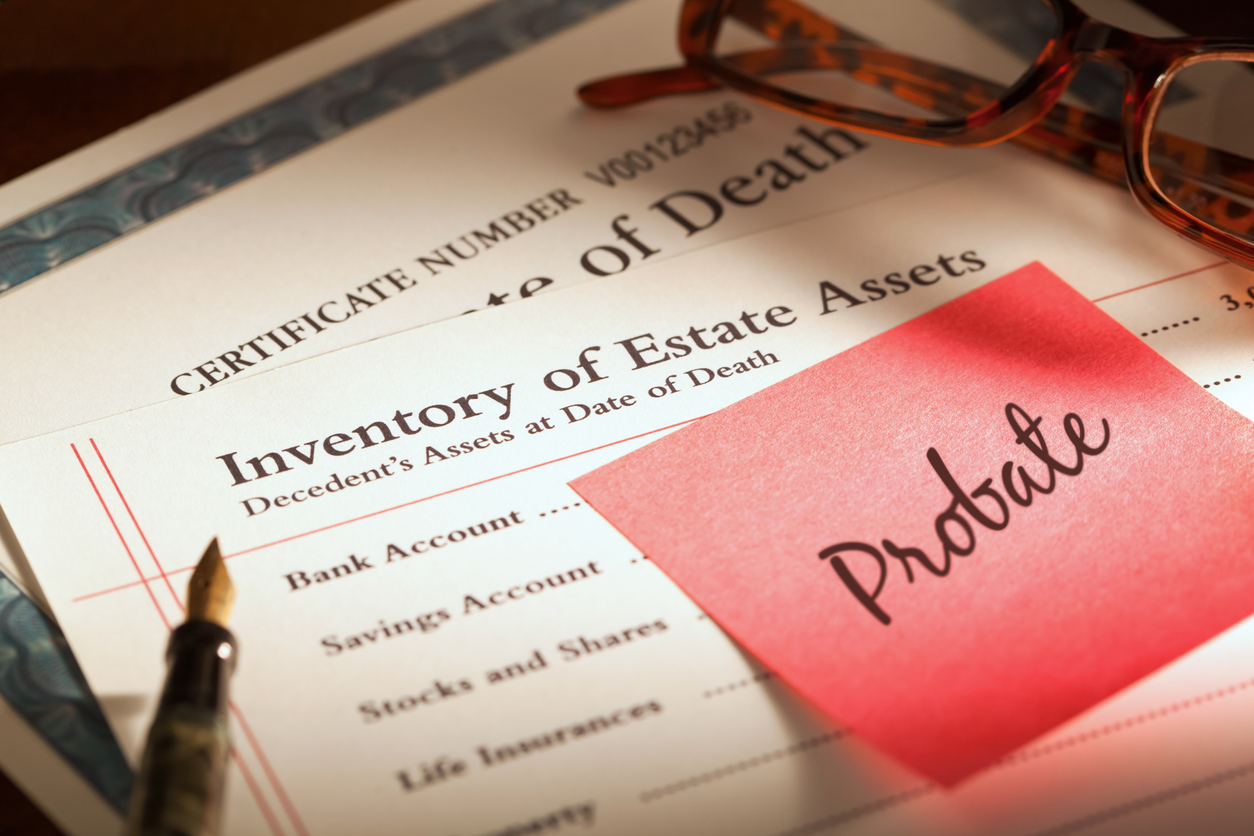New York’s Probate Process
The probate process in New York can be overwhelming, but it’s easier to manage with some understanding and preparation. The process can be smoother if you know what to expect, address potential challenges, and plan ahead. Knowledge of the process is key to navigating it smoothly, whether you’re an executor or a beneficiary.
What is Probate?
Probate is a legal process that ensures a deceased person’s assets are passed on according to their wishes and to have their (allowed) debts settled. In New York, the Surrogate’s Court manages this process. During the process, the court validates the will; assets are identified and organized; debts, taxes, and other expenses are paid; and the remaining assets are distributed to the heirs.
When is Probate Necessary?
Probate is required if the deceased owned assets without designated beneficiaries. Common examples of assets include real estate, bank accounts, and investments. However, assets like life insurance or retirement accounts with named beneficiaries typically bypass probate.
What Are the Steps in the Probate Process?
There are many steps in the probate process.
Filing the Petition
The probate process starts by filing a petition with the court in the county where the deceased lived. If there’s a will, the named executor typically handles this. A family member can request to become the estate administrator if there is no will. The original will, death certificate, and a list of assets and debts are submitted to the court.
Notifying Interested Parties
The court requires that all interested parties be notified of the probate proceedings. Interested parties often include heirs, beneficiaries, and creditors. Depending on the circumstances and the court’s requirements, notification can take different forms, such as certified mail or publication in a local newspaper. Notification ensures that heirs and beneficiaries can participate in probate proceedings. For creditors, this provides a chance to make claims against the estate.
Validating the Will
The court reviews the will to ensure that it complies with New York State laws and is executed properly. The will is reviewed to ensure it was signed correctly and witnessed by two individuals.
Appointing an Executor or Administrator
The court then appoints an executor to manage the assets. If an executor is not named in the will, the court will appoint one.
Identifying and Valuing Assets
The executor begins the process by creating a detailed inventory of the deceased’s assets. This inventory includes bank accounts, real estate, investments, personal belongings, and any retirement accounts or insurance policies not directly payable to beneficiaries
Paying Debts and Taxes
Before distributing assets to beneficiaries, the executor settles all outstanding debts and taxes, including filing the deceased’s final income tax return.
Distributing the Assets
Once debts and taxes are paid, the executor follows the will’s instructions to distribute the remaining assets. Without a will, New York’s intestacy laws dictate who inherits. If the deceased has a surviving spouse and children, the spouse will inherit the first $50,000 of the estate and half of the remaining balance, with the other half divided equally among the children. If there is only a surviving spouse, they inherit the entire estate. If there are only children, they inherit everything in equal shares. Without a spouse or children, the estate passes to the deceased’s parents and, if they are not alive, to siblings. If no immediate family exists, the estate may go to more distant relatives like nieces, nephews, or cousins. The estate passes to the State of New York when no relatives can be identified.
Closing the Estate
The final step is filing a complete report with the court detailing all actions taken. After approval, the executor is released from their duties, and the estate is closed.
What Are Common Roadblocks?
Even with a plan, several challenges might arise during probate.
Beneficiary Disputes
If disagreements about the division of assets arise, mediation or court intervention might be needed to resolve conflicts.
Complex or Hidden Assets
Tracking all the assets can be tricky, especially if properties are in other states or poorly documented accounts.
Tax Challenges
New York’s estate tax applies to estates worth more than a preset amount. Calculating and paying this tax can be complicated.
Executor Missteps
Executors must act in the estate’s best interest. Mismanagement or neglecting duties can cause legal issues.
How Can Probate Be Avoided?
Not all assets have to go through probate. Some can be transferred directly to heirs or beneficiaries. Jointly owned property, like real estate held in joint tenancy, passes directly to the surviving owner. Retirement accounts and life insurance policies with named beneficiaries skip probate. Assets placed in a trust are also handled outside of probate, simplifying the process.
How Can Probate Be Made Easier?
Plan Ahead
Create an estate plan with a valid will and consider setting up trusts. This saves time and effort later.
Keep Good Records
Maintain an up-to-date list of assets and debts. This makes the process easier for your executor.
Communicate Clearly
Talk to your beneficiaries about your plans. Transparency helps avoid misunderstandings.
Get Expert Help
An experienced probate attorney can guide you through the process and handle any complications.
From Filing to Distribution, Let Ortiz & Ortiz Help with Your Probate Needs
The probate process can be overwhelming, but you don’t have to face it alone. Ortiz & Ortiz guides you every step of the way.
Whether you need assistance with filing, inventorying assets, resolving disputes, or understanding New York’s intestacy laws, we can help. Contact us today at 917-920-6437 to schedule a consultation. Let us provide the help and support you need to settle your loved one’s estate efficiently and carefully.


